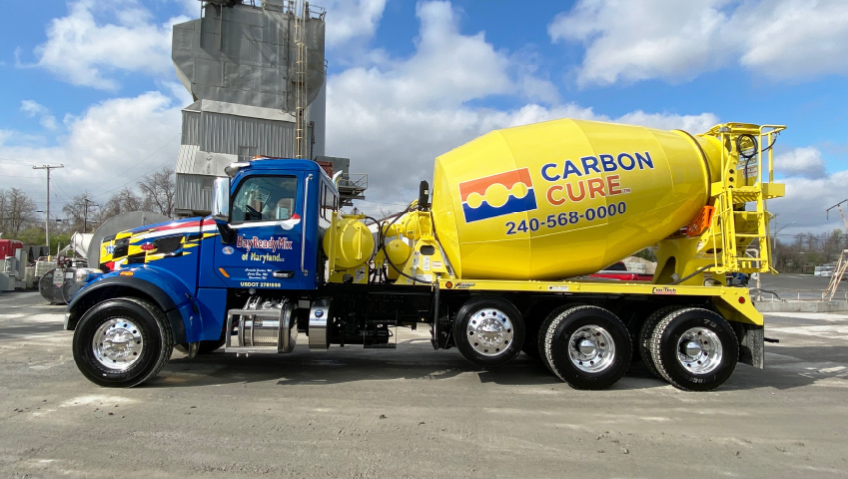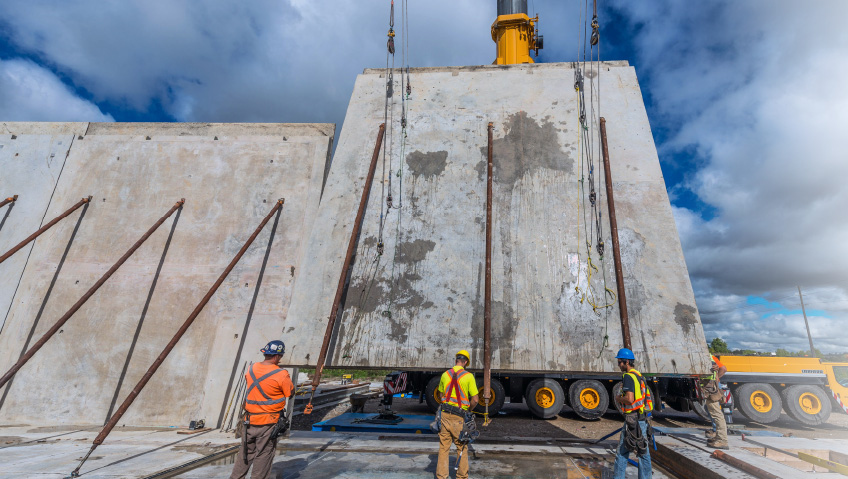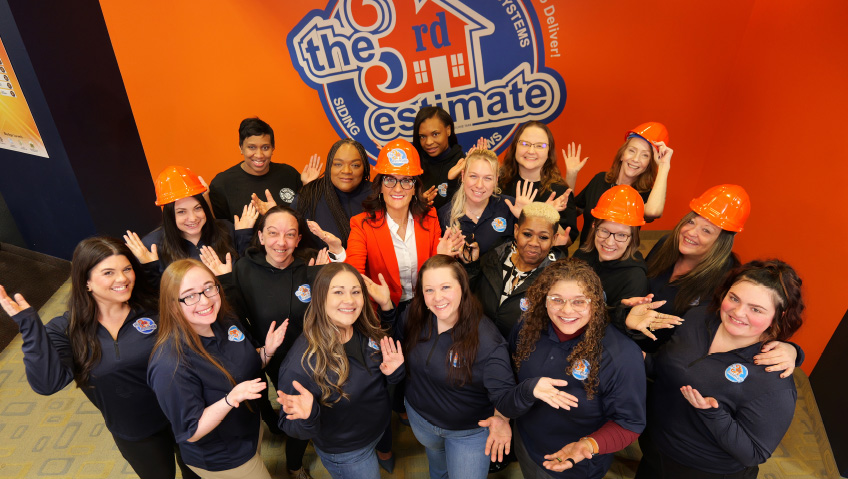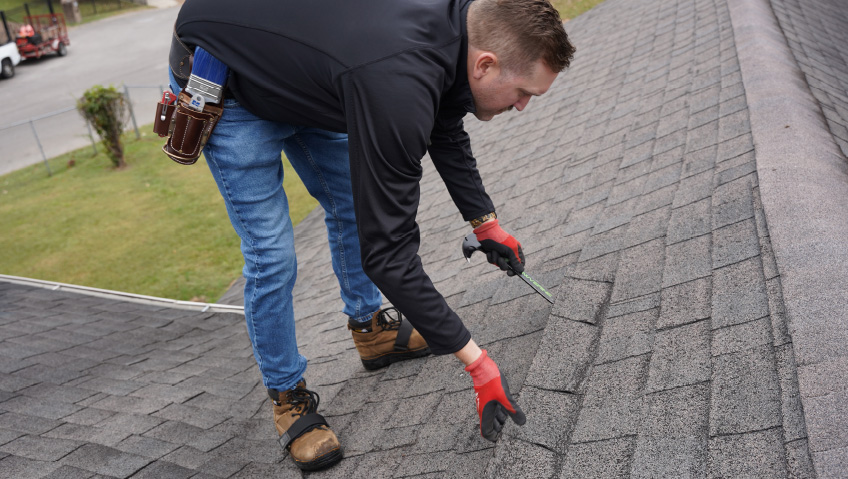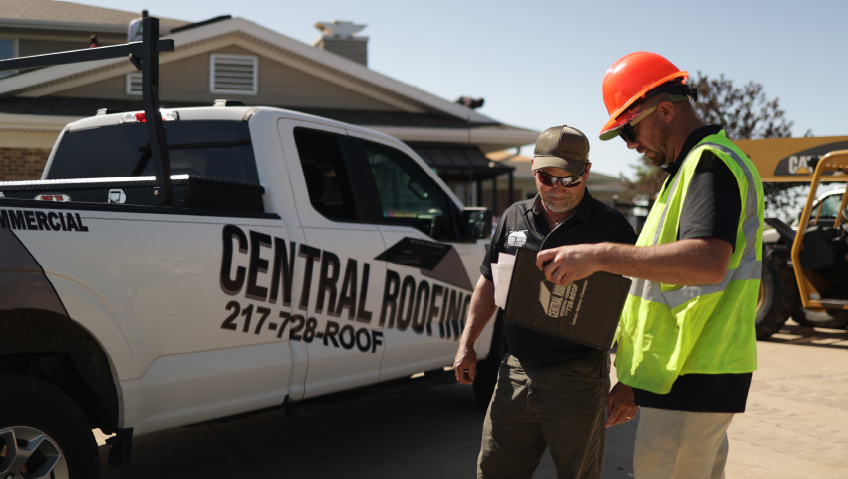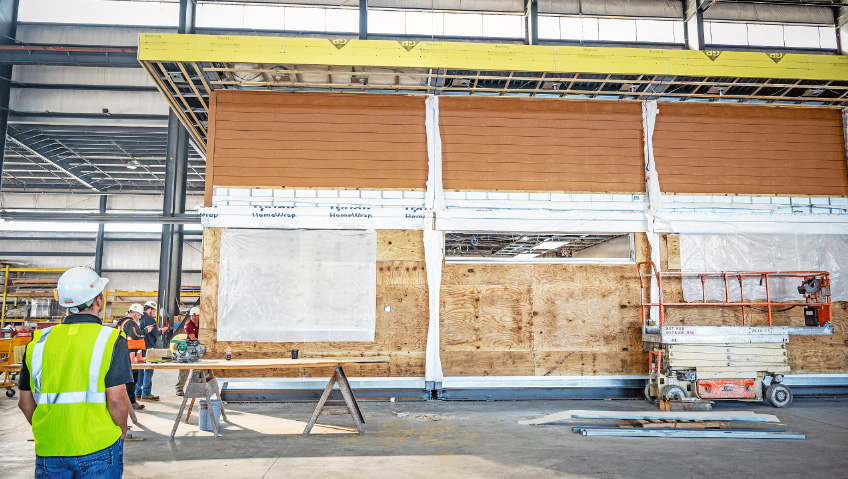Just because something has been done a certain way for decades doesn’t mean there isn’t room for new materials and a fresh approach.
A leading manufacturer and supplier of masonry, aggregates, concrete, hardscaping, permeable pavement systems, and sustainable solutions, the team at Ernest Maier, Inc. knows there are often better solutions to construction challenges than the status quo.
“Our customers are not numbers,” says Dr. Aaron Fisher, PhD, the company’s Vice President of Business Development. “Ultimately, we know what we are doing. We hire competent people, and then we enable those people to work with customers to get them what they need.”
Ernest Maier, Inc. has come a long way since it was founded by German immigrant Ernest Maier in 1926. Back then, the hardworking young man formed 72 blocks by hand every day on a Sears block machine.
Over time, Maier hired staff to help him supply building blocks for residential basements. Steadily growing, the company today operates from 13 locations and has a reputation for quality, service, and sustainable solutions.
As the sole concrete masonry manufacturer inside the Washington Beltway, Ernest Maier sets itself apart from others in the industry. Some suppliers view themselves as block manufacturers and providers of ready-mix but miss that construction companies, engineers, homeowners, designers, and architects across the Mid-Atlantic increasingly need—and would benefit from—other materials to build houses and other structures.
“Our approach is that we want to be a total building supply company. If you need it, and you’re on a construction site, we want to provide it to you,” says Dr. Fisher. “Part of that is giving people alternative materials and a good example of that is rebar.”
Typically made from steel, various types of rebar, or reinforcing bar, have been used in concrete for centuries. While steel rebar has its advantages as a building material—such as performing well under tension—it has disadvantages that include high cost, weight, and rusting.
For years, there were no alternatives to steel rebar. Searching for alternatives, Ernest Maier recently began to supply fiberglass rebar. As well as being lower cost, other benefits include zero rust, zero spalling, high performance in all climates, and no need for costly waterproofing. Nonconductive and nonferrous, it also has high chemical resistance, unlike steel.
Just 25 percent of the weight of steel, a single truck of MST-BAR® fiberglass rebar replaces four truckloads of steel. Since installation is faster and more efficient, it also offers up to 40 percent labor savings over steel alternatives.
“Historically, fiberglass rebar was a superior product, but at a higher price point,” says Dr. Fisher. “Steel got expensive, fiberglass got cheap, and the codes came into play where they now respect fiberglass.” Staff at Ernest Maier carefully explain to customers needing rebar that now there’s a durable, lighter, lower-cost alternative.
Some clients accept fiberglass, while others prefer steel, but “our goal is to make sure you understand what it is and understand the value,” says Dr. Fisher. “We have our customers’ interests and bottom line at heart.”
Together with advising buyers about materials and other options for their projects, Ernest Maier also looks out for them on the financing side. Realizing contractors don’t get paid until the job is done but still need to buy materials and pay their crews, the company is conscious of credit and the value of work and time. Since not all contractors have the time to walk into a bank and open a line of credit, Ernest Maier has a convenient online Credit Application form at www.ernestmaier.com/audience/contractors/credit-application/. “Our goal is to keep you in business, because if you stay in business, you continue to buy from us, and you are able to pay us back,” says Dr. Fisher. The company often helps contractors by scrutinizing their costs.
“So we’re looking out for our customers’ bottom line, and that’s why we’ve been successful. We know what they’re trying to do: it’s more than just buying materials, it’s making a living building.”
Many businesses talk about sustainability and the importance of ‘going green,’ but not all put their words into action. At Ernest Maier, the opposite is true. With a section of its website dedicated solely to sustainability (www.ernestmaier.com/inspirations/sustainability/), the company clearly states its position: “Ernest Maier views it as critical to ensure that we build to last, but that we also build in a way that doesn’t burden future generations.”
From products like CarbonCure, reducing emissions by using Lehigh Hanson’s EcoCem PLC in all concrete blocks, and the revolutionary PaveDrain permeable pavement system to crushing old concrete into aggregate and buying local, Ernest Maier is serious about sustainability. This extends beyond products to the company itself. Last year, the company generated 131,000 kWh of solar energy at its Bladensburg, Maryland campus (sufficient to power a refrigerator for 180 years), and brought in reusable water bottles and an inline reverse osmosis system, eliminating plastic bottles.
“Sustainability and resiliency are things you do because they save you money, and that’s the way we approach a lot of it,” says Dr. Fisher of the company, which also stopped sending paper invoices. “If a customer wants to be sustainable, we are more than happy to talk with them about ways they can truly be more sustainable. And it’s not just a ‘paint it green’ kind of thing—there’s no greenwashing here—this is really what we do.”
One of the biggest issues facing the world is resiliency, and this is another area where Ernest Maier advises customers. Sometimes, clients come to the company believing that building structures out of lumber is cheaper than masonry; in many instances, the opposite is true, both in the short and long term. Buildings crafted from brick, stone, and masonry last longer than wood, have tighter building envelopes, use less energy, and emit less CO2 throughout their lifecycle, making them more sustainable.
“It’s not just the wall, it’s also what you have to do to finish the wall,” explains Dr. Fisher, asking why some builders insist on wood when they could have made structures out of masonry. “I understand that a lot of people are going to rest on, ‘we’ve always built it that way,’ but just because we’ve always done it that way, it’s not the way we should do it in the future.”
Playing a vital role in the success of all its clients, the company recently took on some of its biggest works to date. This includes pouring 1,100 cubic yards of concrete in total in one day, with one pour alone of about 550 cubic yards. “We have grown from a small outfit to being able to service large jobs, and are proud of our capabilities,” says Dr. Fisher.
Although Ernest Maier has no plans yet for its 100th anniversary in 2026, the company does intend to keep growing, and in particular, to focus on becoming involved with customers earlier on in projects. Design-build projects have become popular, and Dr. Fisher says that Ernest Maier wants to come on board at the same time as the architects, contractors, and engineers to successfully deliver projects.
“Material costs are a fraction of the overall cost,” he says, “so many of these project teams miss out on things. They miss design elements and use old knowledge. They just don’t use the latest and greatest, not because they don’t want to, but because they aren’t aware of it. We bring a lot of knowledge and awareness to the table. I want our reputation to grow to the point that companies engage with us through the bidding process and the design process in a way they haven’t done to date,” he shares.
“If the owner wants sustainability, you’ve got to deliver on that—not at the eleventh hour, but in the first hour. It needs to be a part of all questions, and they need to make some early decisions, and that’s where we can help a lot.”

